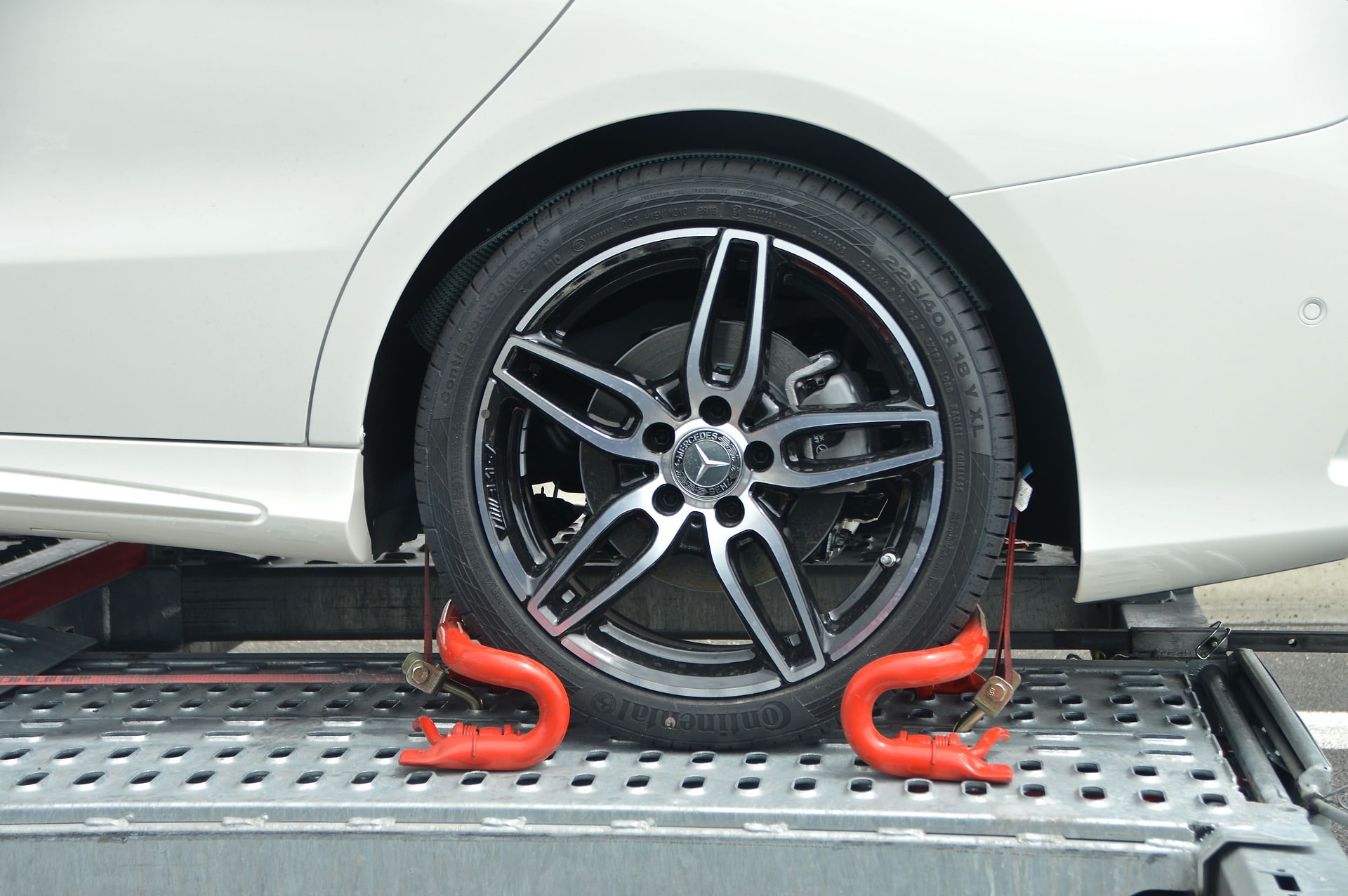
Table of Contents
If you can’t make your car payments, what are your options? If you don’t keep up with your loan, the bank may repossess your car. However, you can also simply walk away from the car and the loan. It’s called a “voluntary repossession.”
Here are a few of the big takeaways:
- Your lender can repossess your car if you don’t make payments
- You may choose to surrender your car voluntarily instead
- Your car will be sold at auction and you’ll be liable for the deficiency
- You may face a collection lawsuit and wage garnishment for the deficiency
- It will count as a repossession on your credit report
- If possible, it’s better to sell the car on your own
- Bankruptcy can also stop repossession and wipe out a deficiency
Car Loan Basics
When you take out a loan to buy a car, you give the bank a “security interest.” That means the bank has the right to take the car if you don’t pay back the loan. The bank will then sell that repossessed car and apply the proceeds against your loan. Most of the time, the car will sell for less than you owe and you’ll still be on the hook for the difference. That’s called a deficiency. You’ll also have to cover the costs of the repo agent, the storage of your car between the repo and the auction, and other administrative costs.
What Happens if you Surrender your Car?
A voluntary repossession isn’t really all that different from a regular repossession. Instead of waiting for a repo agent to come and pick up your car, you simply give it up yourself. The bank will then sell it at auction. They’ll take the amount they got at auction and subtract the cost of storage, running the auction, and other administrative fees. Those extra costs can run into the thousands of dollars. What’s leftover after those costs are covered is called your “net.” That amount gets applied toward paying back your loan. If there’s a deficiency, you’re still on the hook and they’ll send the account to collections.
If the collection agents can’t convince you to pay, they’ll sue you for collection. If they win that lawsuit, they can ask the court to garnish your wages to pay off the debt. Plus, you’ll have to pay court fees and potentially attorney’s fees.
This process will have a serious impact on your credit report – it still counts as a repossession. Wage garnishment and judgment debt also negatively impact your score.
Voluntary vs. Involuntary: Is Voluntary Repossession a Good Idea?
The name makes it sound less severe, but a voluntary repossession is essentially the same as an involuntary one as far as your finances go. You’ll still have to pay for the costs of the auction. You may still face a deficiency, a collection lawsuit, and wage garnishment. Worse, repossessed cars frequently sell for far less than they’re worth at auction. That leaves you with even more of a deficiency than you should have based on the car’s value. The real difference is that by turning your car in voluntary at a prearranged time and place, you avoid paying the fee for a repo agent and for storage.
Alternatives to Voluntary Repossession
Long story short, repossession is an expensive and inconvenient way of getting out of your car loan, voluntary or not. If you can’t make your payments, you’re typically better off selling the car yourself – you’ll get a lot more for it. You do have to pay off your loan in order to sell the car, so that may require borrowing enough money from friends and family to cover the rest of your loan and get the car sold. It may even be worthwhile to put some of that balance on your credit card rather than go through the repo process.
If you can’t find a way to sell the car, reach out to your lender to ask about your options. If you’re dealing with a temporary financial issue, they may be willing to work with you to help you keep your car.
If you can’t adjust your loan or sell the car, then you can work with your bank to coordinate the voluntary repossession process. That will help you minimize the storage and administrative fees and get the most out of the auction. You may even be able to negotiate with your bank to accept the car as payment in full of the loan so you don’t have to worry about a deficiency. However, you should know that any amount of debt that is forgiven will be counted as income and you’ll have to pay taxes on it. Surrendering your car voluntarily may also have a slightly less serious impact on your credit score than waiting for a regular repossession.

An expert tip from Erik
There’s also another alternative: bankruptcy. It will stop any collection actions and give you the chance to work out your finances – you may even be able to keep your car. Whether you keep your car or not, bankruptcy will wipe out your liability for any deficiency if the car is later repossessed and sold for less than you owe. Remember that bankruptcy will affect all of your finances, not just your car loan, so you’ll need to speak to an experienced bankruptcy attorney to determine whether it’s a good option for you.
We Can Help
Maybe you had a serious illness. Maybe you lost your job or had your hours cut back. There are plenty of reasons you might fall behind on your auto loan, but it’s always frustrating and upsetting. The good news is that you have options. Don’t let a lender pressure you into making a decision that isn’t right for you – take the time to decide what’s best for you. That may mean selling the car yourself or it may mean voluntary repossession or it may mean a bankruptcy.
If you’re struggling with your car loan or other debt, we may be able to help. Contact us today for a free case evaluation and consultation to learn about your options for dealing with debt.
